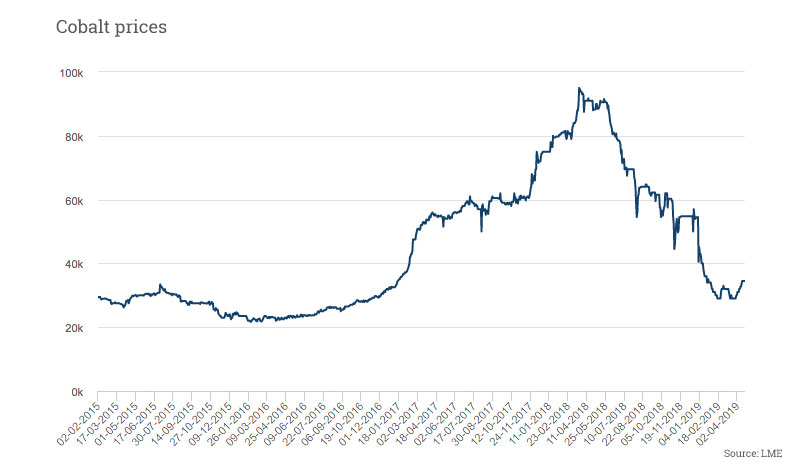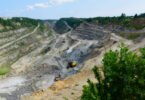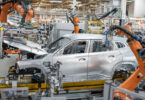Yesterday Volkswagen Group announced it was joining Ford, IBM and others in a blockchain supply chain network for responsible sourcing of strategic minerals including cobalt. The metal is an important component for batteries used in electric cars and mobile devices.
Other members of the group which was unveiled in January are Huayou Cobalt (which also supplies Apple) and LG Chem as well as responsible sourcing audit specialists RCS Global Group.
There’s been recent high profile press coverage about child labor and dangerous conditions in artisanal mines in the Democratic Republic of Congo which is home to two-thirds of the world’s cobalt reserves. Artisanal mines account for about 20% of DRC’s output. To comply with standards, it would be easy to exclude these mines, but they are an important source of income for locals.
The initial focus of the blockchain project is on large-scale miners which tend to suffer from fewer issues. However, the group aims to help increase transparency in artisanal and small-scale mining to enable these operators to sell their output. Ledger Insights recently explored some of the challenges with using blockchain for artisanal miners.
Demand for cobalt is expected to increase because of the usage in electric car batteries. Typically a laptop battery uses an ounce compared to 20 pounds in a car battery.
Tesla plans to remove cobalt from its batteries. However, that announcement was made shortly after cobalt prices spiked up to $94,000 per ton from an average of roughly $25,000. The current price is $34,500 according to the London Metals Exchange.

VW, Ford and IBM are also members of the Responsible Minerals Initiative which published blockchain guidelines in December. The Organization for Economic Cooperation and Development (OECD) has developed standards for responsible sourcing.
The new blockchain project plans to support these standards and complement existing assessment and audit procedures by creating provenance, a permanent audit trail and also digitizing manual compliance processes.
The blockchain is private and permissioned and uses Hyperledger Fabric. Volkswagen said that the network governance involves an open and democratic structure and plans to expand to include aerospace, consumer electronics and mining operations.






